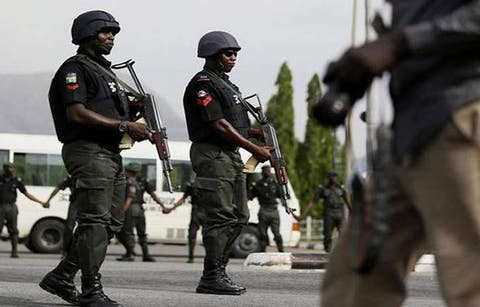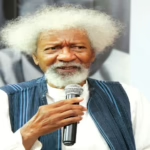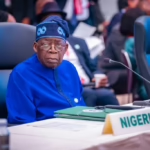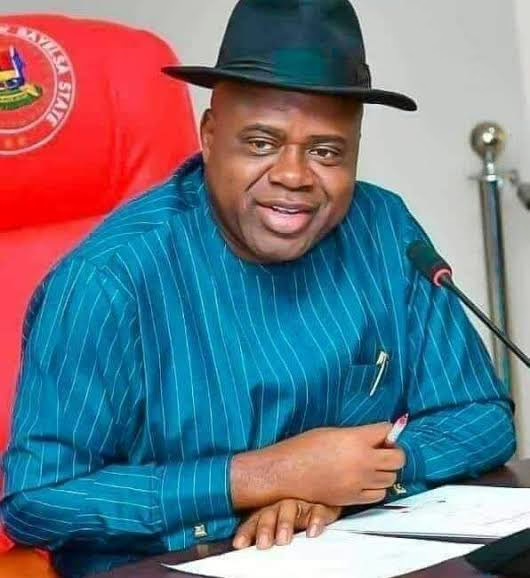Nigeria’s worsening insecurity has laid bare the consequences of a policing system that has, for years, prioritised the comfort of elites over the safety of citizens. The disclosure that nearly 100,000 police officers, almost one-third of the entire police strength were deployed to guard VIPs is a damning indictment of institutional failure.
With just a little over 300,000 officers expected to police a population exceeding 200 million, it is indefensible that such a significant proportion was diverted to private protection. This lopsided arrangement has weakened patrol visibility, crippled intelligence gathering and eroded public confidence in a force stretched beyond its limits. Communities across the country have been left vulnerable, and criminals have taken full advantage of the vacuum.
The consequences are evident in the recent waves of mass kidnappings, particularly those involving schoolchildren. In Kebbi State, 25 students were abducted, while in another shocking incident, 315 students and staff were seized during an attack on a school. Kwara State has not been spared either, as armed criminals also launched raids that resulted in the kidnapping of residents, further exposing the spread of insecurity across regions. These coordinated assaults occurring within days and in different states underscore the audacity of armed groups and the fragility of national security.
Schools and churches, which should serve as sanctuaries, have repeatedly become soft targets, forcing parents to live in constant fear and undermining educational development. These attacks symbolise a deeper national security crisis: porous borders, delayed emergency response, insufficient surveillance and the emboldenment of criminal gangs who perceive the state as slow and reactive. The recurrent abduction of students is not only an assault on vulnerable children but a direct threat to the country’s future.
It is against this grim backdrop that President Bola Tinubu’s directive withdrawing police officers from VIP protection must be acknowledged as a courageous and pragmatic step. The decision recognises the urgent need to redirect manpower to core policing duties at a time when citizens are demanding greater state protection. This is the type of leadership the moment requires, especially when many before him chose political convenience over systemic correction.
The President’s move should mark the beginning of a broader restructuring aimed at strengthening community policing, improving response times and tightening coordination across security agencies.
Yet, this decision must not end as another policy pronouncement soon forgotten. Implementation must be firm, transparent and insulated from vested interests that have long benefited from the misuse of police manpower. Redeployed officers must be strategically reassigned to high-risk communities, schools, highways and areas prone to bandit attacks. Intelligence units need reinforcement, and operational logistics must improve if the country is to see tangible progress.
Nigeria cannot continue to allow insecurity to dictate daily life. The recent kidnappings are a sobering reminder of the urgency of reform. Redirecting 100,000 officers back to public duty will not solve all problems, but it is an important starting point. What is required now is sustained commitment, political will and a policing philosophy that places the safety of citizens, not the comfort of the privileged at the centre of national security.











Leave a Reply